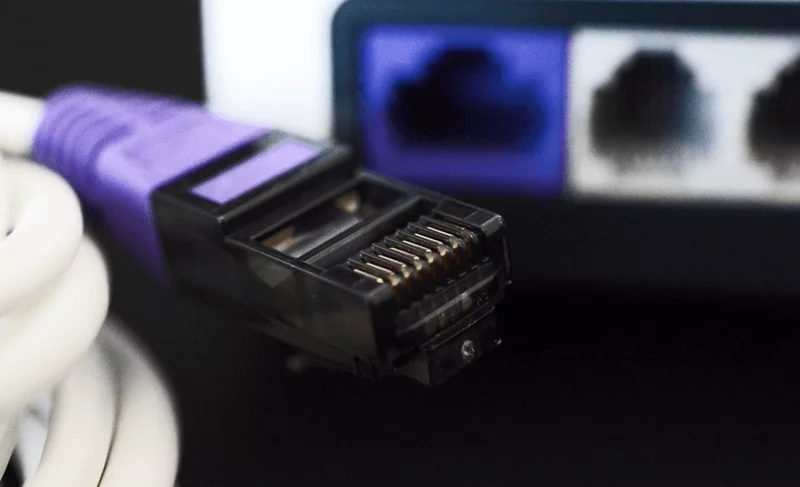It seems that even though the consumers are paying a premium for their broadband service and shifting to higher speed fibre-based broadband plans to experience better services, it might still be hard for them to get any assurance about speed, says an ET Telecom report. The telecom operators are of the opinion that there can't be a minimum bar set for the broadband speeds. This means that no matter what the consumers pay for a broadband connection, they still run the risk of encountering a snail-pace connection and what the companies are saying is that there is very little that subscribers can do to change this.

Experts Agree to Telcos' Opinion
Currently, the rule for mobile broadband set by the government says that the providers should provide 512 Kbps of speed. However, there can't be any change to this rule as telecom companies, and experts are saying that setting a minimum speed is not technically possible, not only in India but also anywhere in the world. Director General of Cellular Operators Association of India (COAI), which represents all major telcos of the country including Vodafone Idea and Bharti Airtel, Rajan Matthews said, "In a point to multi-point mobile network, no network operator, in India or globally, can guarantee a certain minimum download speed."
Matthews said that the actual speed that the consumers experience depends on a large number of factors including but not limited to coverage, network load, usage, location of the user in the cell, the application being used and also the device which they are using to access the internet. The thing to note is that the telecom operators aren't the only one saying this, but third-party speed testing agencies like Ookla and Open Signal have also agreed to this stating that guaranteed data speeds are a tough thing to nail and it isn't the case in India only, but even internationally as well.
Broadband Speeds as a Result of Multiple Factors
Opensignal chief executive Brendan Gill, attributed to the company's findings on 4G speeds and networks and said "No operator has managed to provide LTE (4G) connections to users 100% of the time, even in the most mature mobile markets. This alone means it's near-impossible to guarantee network speeds." He was also of the opinion that there are many other issues like latency and the quality of smartphones, which plays a critical role in the kind of experience which users get to see while on the internet. This becomes further complicated as video streaming, online gaming, live messaging, and video calling becomes popular.
Consumers are of a different opinion as they believe that the telecom operators are not giving promised speeds to them. In such a situation, they want the promise of minimum speed. Even then, Ookla's speed testing data has revealed that internet speeds in India have increased by as much as 20% in 2019. However, in global speed rankings, India has slipped from 112 to 121 as the other countries witnessed a faster increase in their speeds.















